Over the years it has been really apparent that paying attention to the Importance of Good Gut Health pays dividends.
Even though really important, this topic is often overlooked.
Now, you may be asking yourself: “Why should I care about my gut?”
Well, in this post, we’ll be explaining why tending to your gut is more important than you might think.
The Role of the Gut is Mainly Digestion:
However, besides its role in digestion, your gut is home to trillions of microorganisms, collectively known as the microbiota. These tiny inhabitants play an important role in maintaining your overall well-being.
The Gut-Brain Connection:
Your gut and brain are in constant communication, forming what is known known as the gut-brain axis.
We often refer to a “gut feeling” or butterflies in our stomach? That’s an example of the Gut-Brain Connection we can relate to.
A happy gut often leads to a happier mind. This can affect your mood, stress levels, and even cognitive function.
Immune System Support:
Your gut has a role in protecting your immune system.
You see, a healthy gut microbiota protects you against potential risks to your health and maintains your resilience against illnesses.
Taking care of your gut is like giving your immune system the support it needs.
The Gut-Weight Connection:
As unexpected as it sounds, the gut does play a role in weight management.
Your gut health can impact your metabolism and how your body stores fat.
A balanced gut microbiota plays a part in maintaining a healthy weight.
Now that we have touched on the Importance of Gut Health, let’s see
What Improves Gut Health
You see, it’s not about drastic changes; it’s about introducing and maintaining good habits. Here are some tips:
- Add Foods Good for Gut Health: The gut thrives on variety.
As an example,
Add a colourful range of fruits, vegetables, whole grains, and lean proteins to nourish your gut microbiota.
- Probiotics: Introduce friendly bacteria to your gut through probiotic-rich foods like yogurt, kefir, sauerkraut, or kimchi. These help support the microbial balance.
- Fibre-Rich Foods: Fibre is the much ignored contributor to gut health.
Whole grains, legumes, and fibrous vegetables will help keep your gut healthy.
- Hydration: Your gut needs proper hydration. Water helps flush out toxins and supports the smooth functioning of your digestive system.
- Stress Management: Chronic stress can throw your gut ecosystem out of balance. Add stress-reducing activities like yoga, meditation, or even a daily walk. We have nutrients that can help you through stress too.
Conclusion:
So from this, you can see just why it is a good idea to add some of these strategies to your daily routine.
You will be rewarded with improved digestion, enhanced mood, and overall well-being.
You will be able to enjoy a healthy life – all because you’ve worked at giving yourself Good Gut Health and you can now see how Your Gut Health Improves Well Being!
You can read more about the Ultimate Benefits of Good Gut Health here
P.S. If you have gut Issues which are really severe, or
If this article prompts you to visit us, then simply give us a
call on 03 9879 9596,
contact us.
or Book on Line



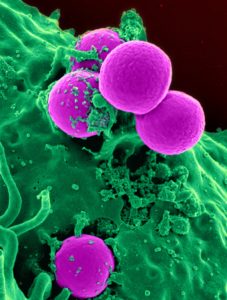




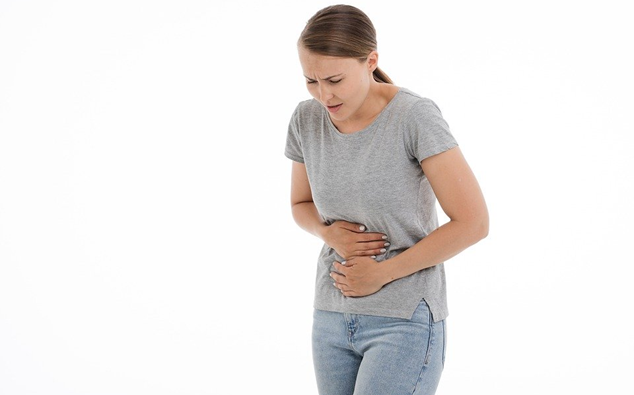


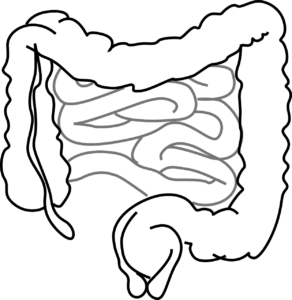 Put simply, Leaky Gut syndrome happens when large spaces (or holes) develop in the gut wall.
Put simply, Leaky Gut syndrome happens when large spaces (or holes) develop in the gut wall.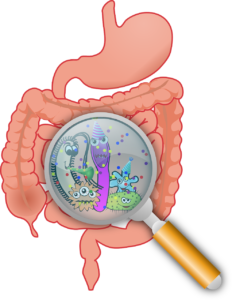
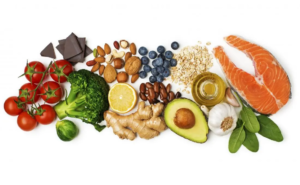 They are found in foods such as tea, wine, chocolates, fruits, vegetables, and extra virgin olive oil, just to name a few.
They are found in foods such as tea, wine, chocolates, fruits, vegetables, and extra virgin olive oil, just to name a few.